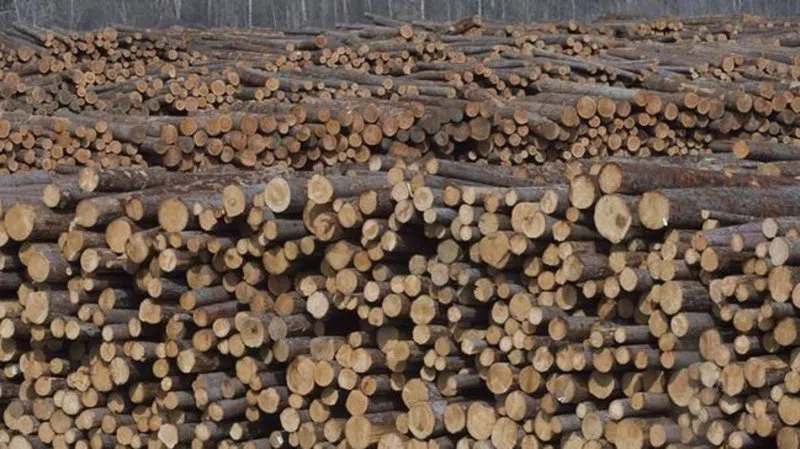
B.C. forest industry grasps for hope amid seven-month strike, shutdowns, changes
VICTORIA — The crisis facing British Columbia’s forest industry is intensifying as markets decline, mills shut and a strike involving 3,000 forestry workers enters its seventh month.
The multiple threats are deeper than the global meltdown of 2008 and may rival the damage wrought by B.C.’s 1980s recession, setting off massive industry restructuring, says an insider who is hearing from many people on the brink of financial collapse.
“There’s a whole bunch of things swirling around that’s causing a whole world of hurt for people working in this industry,” said David Elstone, executive director for the B.C. Truck Loggers Association.
“Many people are saying this is worse than 2008. Back in 2008, the industry was in rough shape but so was the rest of the world in tough shape with the global financial crisis.”


